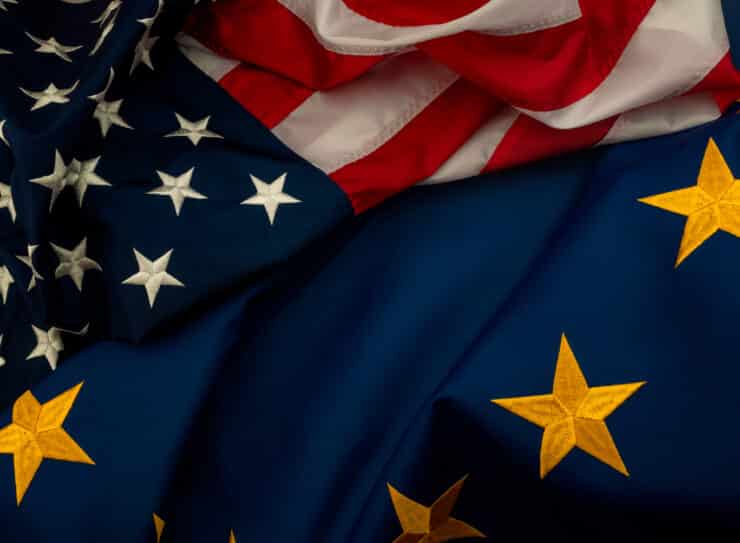17 July 2025
Safeguarding EU sovereignty: challenging Trump’s coercive tariffs
Why are some of the European Union (EU) institutions holding back on robust pushback against an increasingly erratic, authoritarian, and bullying White House? Are we going to stand by while the Trump administration interferes with the EU’s sovereign choices through trade and investment measures, simply because the European Commission refuses to bend Single Market rules for US-based digital platforms, to the frustration of America’s tech oligarchs?
